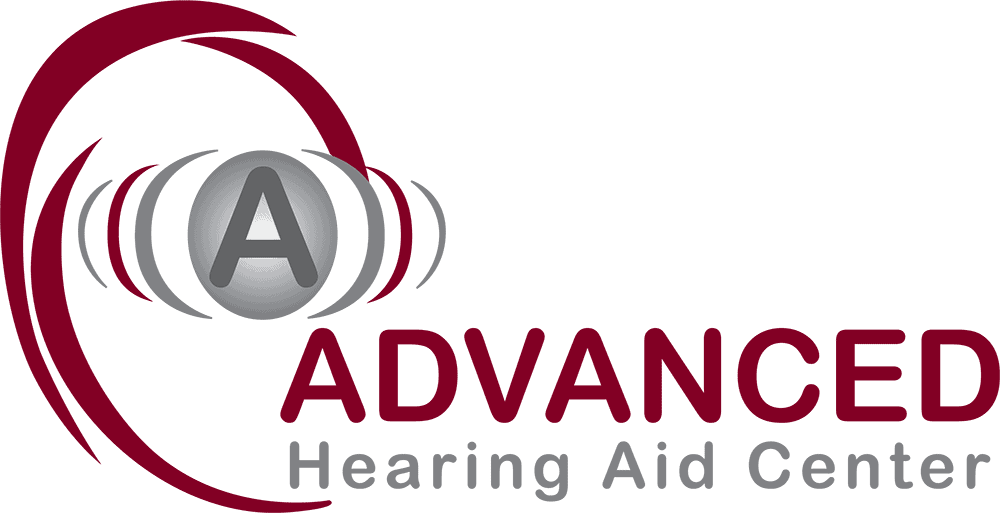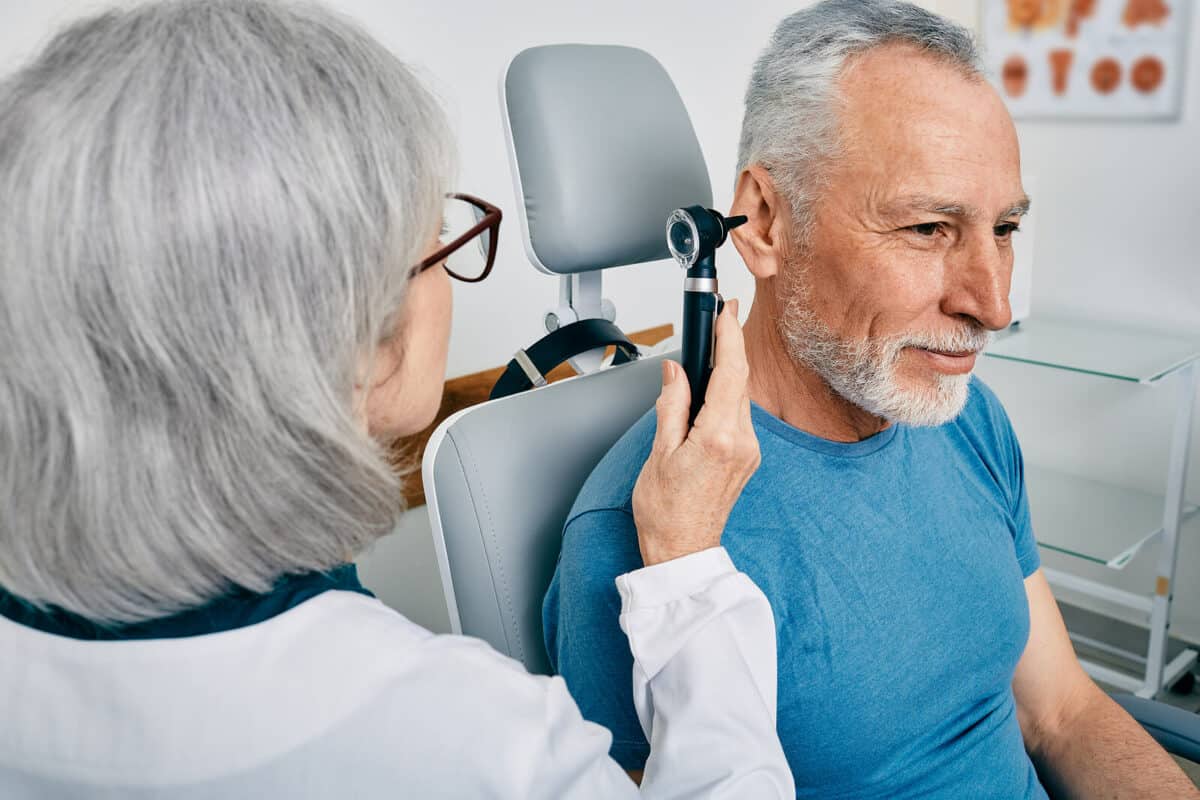Today, people are living longer than ever before and as the baby boomer generation reaches the golden years, this means more and more people are facing hearing loss. Age related hearing loss, also known as presbycusis is the most common cause of hearing loss affecting one in three people over the age of 65 and half of those 75 and older. With this understanding, as you reach this age bracket it is important to screen for hearing loss. Not only does it make it hard to follow conversations and stay alert, but it affects your relationships, your mood and cognitive health. In addition, hearing loss also increases your risk of falls and accidents.
The Risk of Falls
As we age, the risk of falling increases. In fact, it’s estimated that Falls and the elderly are every 11 seconds an older adult visits the ER for treatment of a fall-related injury. When we are young, we can fall and often recover with great ease. When we do sustain an injury, the recovery time is much easier. However, often a fall will start a slow decline towards mortality for older adults, making the increased risk of hearing loss one that is just not worth the risk! Today falls are the leading cause of injury-related death for those over the age of 65.
Treating Hearing Loss
While hearing loss is a permanent condition the good news is that it can be treated effectively using hearing aids. These amazing electronic devices are worn in or around the ear canal and amplify the specific sounds that you struggle with, based on your latest hearing exam.
To better understand the importance of hearing aids in preventing falls, a 2012 study from John Hopkins Medicine reported that untreated hearing loss increased the risk of falling by about three times. They speculate that this may be due to the connection between hearing and balance systems which share the same area of the head and brain. Often a reduction of hearing may also decrease a person’s awareness of their surroundings, which can make them more likely to trip on objects or miss warning sounds.
Your Ears and The Balance System
The ears not only help you hear, but they also hold the vestibular system side by side and a labyrinth -like organ filled with fluid which functions similarly to the ear. Both the cochlea of the inner ear and the vestibular system are fluid filled organs which trigger tiny hair like cells which use the nature of the fluid to report to the brain. As the tilt of the vestibular system reports the position of the head to the brain, vibrations based on audio information trigger tiny hair like cells which transmit sound information to the brain.
How is your Balance affected by Hearing Loss?
While hearing loss in itself is not directly responsible for the loss of balance, it makes you less alert of your surroundings, causing other parts of the balance system such as the eyes and joints. This not only diverts concentration but can increase dizziness, headaches, and body aches.
Focusing on Healthy Balance Habits
Even when your balance is compromised it’s important to understand that with practice you can increase your balance. This includes regular exercise strengthening muscles as well as a healthy diet which supports bone and heart health. In addition, there are specific physical activities that really help to improve balance, such as exercise classes geared specifically for the 65+ crowd. These classes will be strengthening the core, using sit ups or planks, which assists with balance and stability when moving. Many people also find that regular stretching in the form of yoga and palates not only builds strength but increases balance and confidence as well!
Scheduling a Hearing Exam!
Stay on your toes by treating hearing loss before it gets the best of you and knock you off of your balance! One of the joys of growing older is continuing to stay active and connect to the people in your life. When you take the leap to address a possible hearing loss you are taking control of the quality of your life as well as your health. Contact us today to schedule your next visit!

